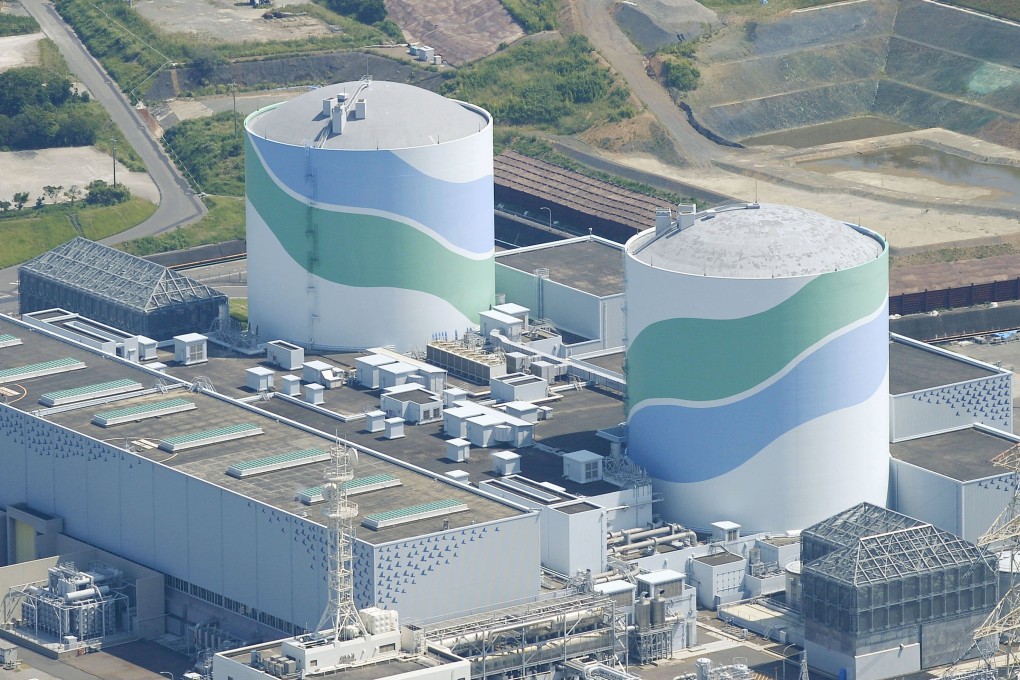As Japan restarts nuclear power plants, it must hold operators accountable for safety
Japan, which suffered one of the world's worst nuclear accidents, has gone nuclear again. A power plant operator in southern Japan yesterday restarted a nuclear reactor - the first since a nationwide shutdown of all 43 for safety checks - amid widespread public unease, with some polls showing more than half the population opposed.

Japan, which suffered one of the world's worst nuclear accidents, has gone nuclear again. A power plant operator in southern Japan yesterday restarted a nuclear reactor - the first since a nationwide shutdown of all 43 for safety checks - amid widespread public unease, with some polls showing more than half the population opposed.
The country remains divided more than four years after a meltdown at the Fukushima nuclear power plant in northeastern Japan following a devastating earthquake and tsunami that left 16,000 dead and 2,500 missing. The nuclear disaster is not recorded as having directly killed anyone, but more than 100,000 people evacuated because of radioactive contamination remain displaced from their homes.
The Fukushima catastrophe prompted global reflection on the safety of nuclear power. Economically, however, the government of Shinzo Abe had little choice but to throw the nuclear switch again to power the resource-scarce country, once the nuclear regulation authority gave the green light to each reactor under stricter safety rules. A huge import bill for fossil fuel replacements for power plants has done nothing for the government's efforts to restore sustained economic growth, not to mention growing carbon emissions.
Public unease is understandable, given that an official independent investigation of the Fukushima accident found that while it was precipitated by natural events, it was ultimately man-made. It cited disregard by officials and nuclear operators of repeated warnings about dangers posed by extreme events. This has been blamed on a culture of face-saving, lack of accountability and vested interest, described in a parliamentary report as "reflexive obedience".
In this respect a decision by a judicial review panel compelling prosecutors to indict three top former Tokyo Electric Power officials on criminal charges is welcome. Prosecutors may claim there is insufficient evidence for conviction, but a precedent for being held to account sends the right message to the nuclear industry and its regulators.
